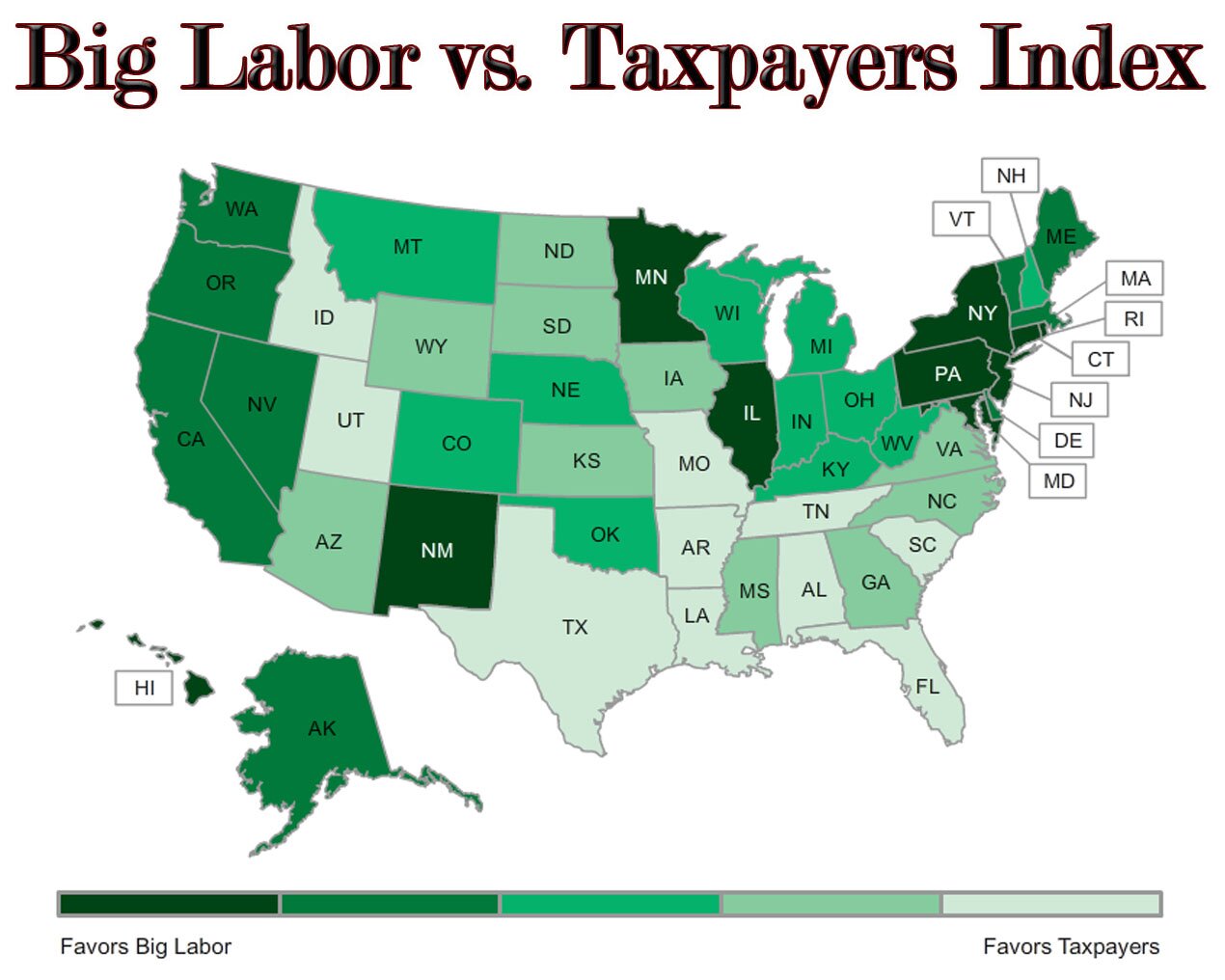By Carl Horowitz/NLPC.org
It’s almost given that a Democratic member of the National Labor Relations Board (NLRB) has at least some background as a union lawyer. Craig Becker, who long had been associate general counsel for the Service Employees International Union (SEIU) before obtaining a recess appointment to the board by President Obama in March 2010, fits the pattern. But he also may have gone that extra mile, helping to prepare an SEIU manual on how to intimidate employers. Sen. Orrin Hatch, R-Utah, wants to know more. On September 12, Hatch wrote a letter to Beckerasking him to clarify what role he had, if any, in drafting the document. As Becker is up for Senate approval for a full-term appointment to the (normally) five-member NLRB, his response – or lack of it – may affect the course of board rulings for years to come.
On paper, Craig Becker is exceedingly qualified for a position on the NLRB. A Yale Law School graduate, he has taught law at Chicago, UCLA and Georgetown and has argued various cases at the U.S. Circuit and Supreme Court levels. But his union advocacy is aggressive even in comparison to many Democrats on the board through the years. Far from being an impediment to his nomination by President Obama back in April 2009, such a perspective proved an asset; he already had served on President-Elect Obama’s transition team in December 2008. But what was a plus with the new administration proved a drawback with Republican lawmakers. John McCain, R-Ariz., a member of the Senate Committee on Health, Education, Labor and Pensions, placed a hold on his nomination after the committee had approved Becker by 15-8 in October 2009, thus indefinitely blocking a floor vote. In a February 2010, the committee again voted to approve, this time by a 13-10 margin. In the full Senate, Republicans, though by now well outnumbered, had enough clout to mount a successful filibuster; Becker’s supporters were eight votes shy of the necessary 60 votes to invoke cloture. But President Obama made Becker a temporary recess appointment, good through the end of calendar year 2011.
Tagged as: ACORN, Craig Becker, NLRB, SEIU, SEIU Intimidation Manual, Sen. Orrin Hatch, Union corruption
Previous post: GOP jobs plan: Rein in ‘rogue’ NLRB
Next post: ‘It’s Working’: Conservatives Push Back in Wisconsin
 Free Market Policy Organizations Push Back against Stealth Unionization Campaign
Free Market Policy Organizations Push Back against Stealth Unionization Campaign
 Could Indiana’s Right to Work Law Mean Trouble For Neighboring States?
Could Indiana’s Right to Work Law Mean Trouble For Neighboring States?
 Wrong way, Illinois: Unemployment rate increased most in the nation in 2011
Wrong way, Illinois: Unemployment rate increased most in the nation in 2011
 Wisconsin union holding federal funds hostage
Wisconsin union holding federal funds hostage


